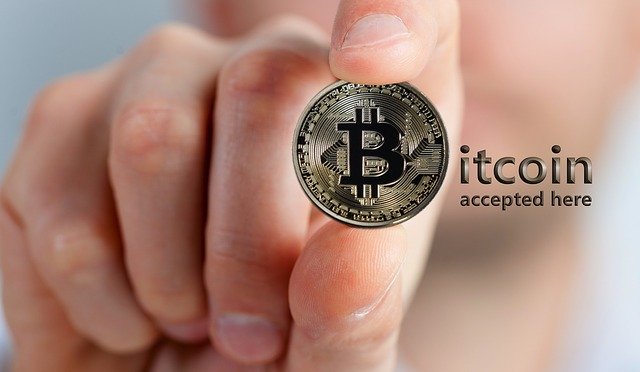
In April 2018, a circular was pushed by the Reserve Bank of India (RBI) that would forbid financial entities like banks to provide services to companies and individuals dealing in cryptocurrencies (a.k.a. the Banking Ban). Fortunately for the Indian community, the Banking Ban was quashed in March 2020—allowing cryptocurrency traders to experience a big win. With that being said, what is now the easiest way to buy bitcoin in India?
When it comes to buying and selling bitcoin, crypto exchanges always come to mind. In today’s world, there are two main types of bitcoin exchanges: traditional bitcoin exchanges and peer-to-peer marketplaces.
Each of them has its own set of pros and cons, so let’s break it down:
Traditional bitcoin exchanges, such as Coinbase, WazirX, and Binance, have always been the more popular choice—they’ve been around for much longer and are still one of the easiest ways to buy BTC.
The first-ever bitcoin exchange (Bitcoinmarketcap, now defunct) went live in 2010. Although the platforms had a lot of bugs and glitches, it proved its purpose—to show that the BTC industry has a real demand for platforms that could establish real-time exchange rates for BTC and the US dollar.
On traditional bitcoin exchanges, buyers and sellers are matched via order books. Two traders are paired, then the platform acts as a middleman to help carry out the trade.
Pros:
Cons:
Peer-to-peer bitcoin marketplaces, just like traditional bitcoin exchanges, match buyers and sellers via order books. However, the main difference between the two is that peer-to-peer marketplaces only interact with the traders when there are disputes. Otherwise, buyers and sellers complete the trades themselves via live chat.
Through this peer-to-peer system, buyers can search through the listed offers based on preferences they input (payment method, preferred fiat currency, location, etc.). Additionally, sellers can also create offers with their set preferences (profit percentage, payment window, offer limits, etc.)
Essentially, peer-to-peer bitcoin marketplaces personalize the entire trading process in the hopes of making it more efficient. Let’s take a look at the pros and cons:
Pros:
Cons:
When it comes to choosing between traditional bitcoin exchanges and peer-to-peer bitcoin marketplaces, neither is a bad option. Ultimately, it all boils down to the type of trading style you prefer—do you want an easy and (somewhat) anonymous means of buying and selling BTC? Do you want flexibility when it comes to payment methods? How cost-efficient do you want your trades to be?
The question you should be asking yourself is: which kind of exchange more applies to your preferred trading style?
Disclaimer: This is a paid post contributed on behalf of Paxful. However, the information provided herein is not and is not intended to be, investment, financial, or other advice. Krypto money does not endorse and is not responsible for or liable for any content, accuracy, quality, advertising, products, or other materials on this page. Readers should do their own research before taking any actions related to the company. KryptoMoney is not responsible, directly or indirectly, for any damage or loss caused or alleged to be caused by or in connection with the use of or reliance on any content, goods, or services mentioned in the article.
Keep in mind that we may receive commissions when you click our links and make purchases. However, this does not impact our reviews and comparisons. We try our best to keep things fair and balanced, in order to help you make the best choice for you.